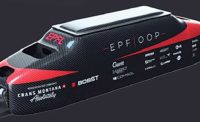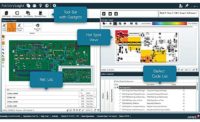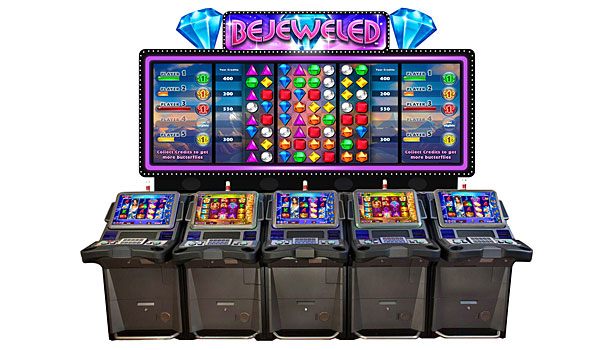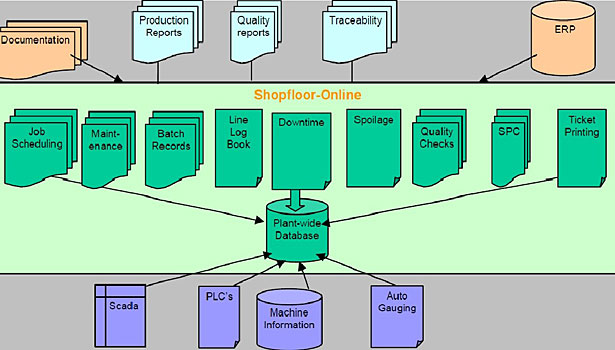MES a Winning Solution for Gaming Developer

GTECH S.p.A. designs, manufactures and distributes gaming products that range from slot machines, to sports betting, to interactive lotteries. Photo courtesy GTECH S.p.A.

Shopfloor-Online manufacturing execution system (MES) software captures real-time data, enabling managers to immediately spot and resolve production problems. Graphic courtesy Lighthouse Systems Ltd.


Luck is the key to winning on slot machines, but not to being a successful manufacturer in the gaming markets industry. To achieve that, a company needs to have foresight and be innovative.
GTECH S.p.A. knows this very well as a leading developer of gaming products that range from slot machines, to sports betting, to interactive lotteries. The company designs, manufactures and distributes games, machine cabinets, central systems and associated software through its SPIELO product brand.
GTECH also continuously looks for ways to improve plant operations. At its Moncton, New Brunswick, Canada, facility, for example, the company recently replaced its method of tracking production and product quality.
For many years, team leaders and managers relied on paper records and a standalone Access database. Unfortunately, this method did not capture data in real time.
So in early 2014 GTECH installed Shopfloor-Online manufacturing execution system (MES) software from Lighthouse Systems. The software captures real-time data related to man-hours, downtime, overall equipment effectiveness and time spent in rework—enabling managers to immediately spot and resolve production problems.
Matt Carreau, leader of continuous improvement for GTECH, says the software enhances product component traceability, improves line efficiency and enables the company to automate all manual processes (except for product handling and time tracking). It also allows GTECH to consolidate its in-house databases, and eliminate meetings to communicate company achievements to staff.
The production of a gaming machine starts with downloading a work order and the bill of materials (BOM) from an enterprise resource planning system, which then schedules and releases parts to production based on priority, part availability and other factors. Once a work order is released, operators can clearly see the BOM on their screens and distinguish between noncritical and critical parts.
Each machine is manually assembled. It features a standard cabinet fitted with specific subassemblies and components (hardware and software) that meet customer specifications (such as language and currency) and comply with local gaming industry regulations.
On average, a gaming machine contains about 400 parts. Up to 15 percent of them are identified as critical and require traceability. Because several of these parts are very similar in appearance, the challenge for GTECH assemblers is making sure they always select the correct part.
The MES software helps assemblers achieve this in two ways. First, it verifies the part by serial number after it is scanned. When an incorrect part is scanned, the software alerts the assembler and prevents the wrong part from being installed.
Second, it automatically creates an electronic build record. This record includes a list of all the critical parts used in each machine, along with the results of all quality checks performed on the machine throughout production.
Moncton’s manufacturing floor is comprised of work centers arranged in subassembly areas and along production lines. Workers construct subassemblies that are labeled and routed to the production lines, where other workers install them in machine cabinets. Only cabinets fitted with the right components make it to the final quality check at the end of the production lines.
However, if a critical part is not available for production and can be added later, the software allows the part to be tagged as an “exception” and permits assembly to continue. When the missing part becomes available, the software identifies which cabinets need the part so that it can be installed and tested.
Carreau estimates that the MES software will increase Moncton plant productivity by 5 percent this year and save the company more than $450,000, including $30,000 on paper. For more information on MES software, call 585-223-0600 or visit http://lighthousesystems.com.
Looking for a reprint of this article?
From high-res PDFs to custom plaques, order your copy today!








